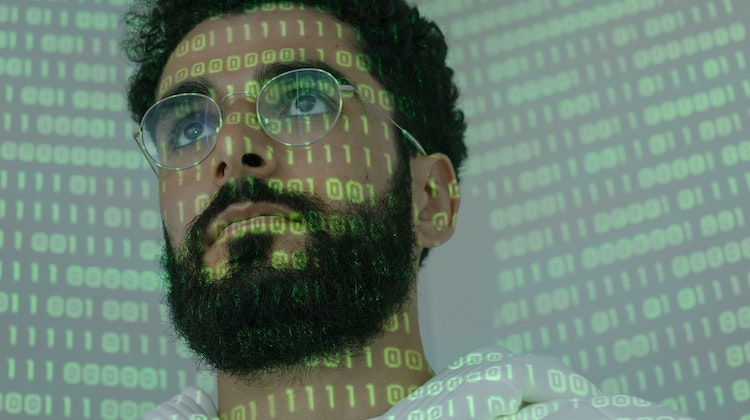
Photo Credit: pexels
In the U.S. today, one of the fastest-growing careers out there is cybersecurity. Just about every sector of the economy now has a need for cybersecurity analysts who can protect mission-critical IT infrastructure. That’s particularly true in sectors such as financial services and healthcare. All told, there could be as many as 600,000 unfilled cybersecurity jobs in the U.S., and more than 3.5 million globally.
According to the U.S. Bureau of Labor Statistics, the cybersecurity profession could grow by 32% over the next decade. And many of those jobs could come with a hefty, six-figure income. Many of the best cybersecurity analyst jobs available today already pay over $100,000, especially in tech hubs like New York or Silicon Valley. And the number of job titles continues to grow. After landing a job as a cybersecurity analyst, you can expect to move up to jobs such as security architect or security engineer.
What’s needed to start a career in cybersecurity?
While it might sound hard to believe, you apparently don’t need a lot in terms of educational background or experience to get started. Some companies, in their job descriptions, say they don’t even require an undergraduate degree. And they have plenty of on-the-job training and certifications to get you caught up to speed.
As far as skills required, you’ll be expected to assess cyber risks within an organization. You’ll also be called on to troubleshoot if you find viruses, bugs, or security exploits. And, of course, you’ll be asked to team up and collaborate with other parts of the IT organization in order to monitor, track, and fix cybersecurity risks in real-time.
From social media influencer to cybersecurity analyst?
All of that raises an interesting question: Could a social media influencer land a job as a highly-paid cybersecurity analyst? My initial take is that it’s entirely possible, especially if you’ve attended a college or university for any amount of time. That’s enough to get you past the initial screening process at most organizations.
Then, when it comes to analyzing risks within an organization, you can draw on your own experiences. Perhaps someone has attempted to steal your identity online. Or perhaps you’ve dealt with social media platforms that have been hacked and sent offline by hackers through a massive distributed denial of service (DDOS) attack. All of those are really just “cyber risks” you’ll be called on to prevent in your new job.
And, since you’re probably used to collaborating with other influencers, all of those so-called “soft skills” could also be used to collaborate with members of an IT team. And all of your experience dabbling with different apps, platforms, and technologies should give you a leg up on diagnosing and then solving cyber issues.